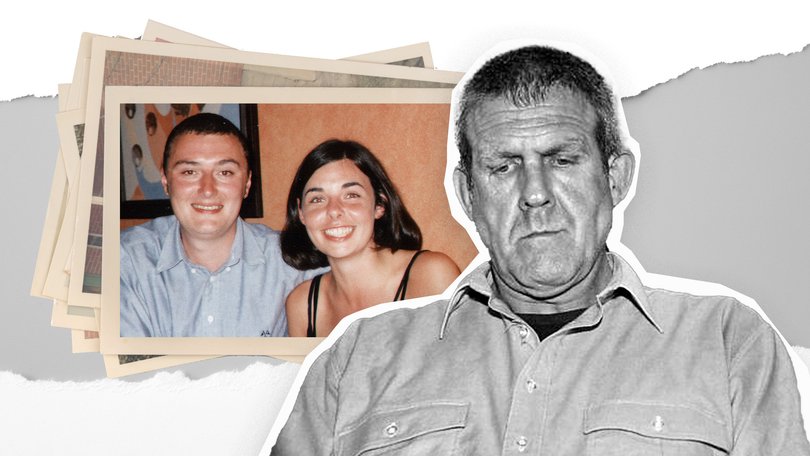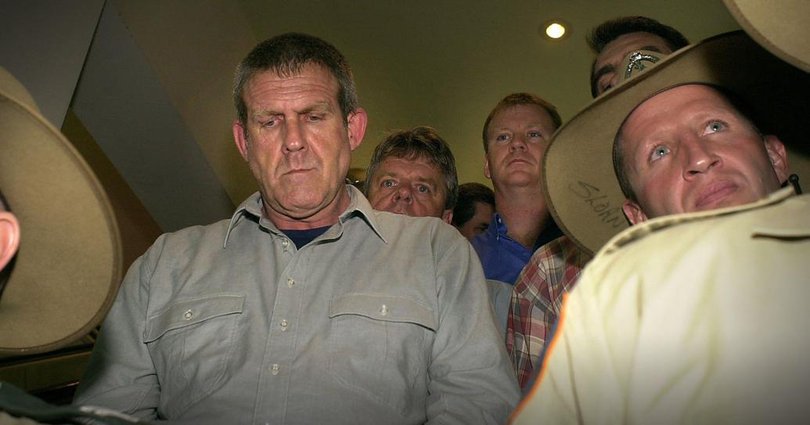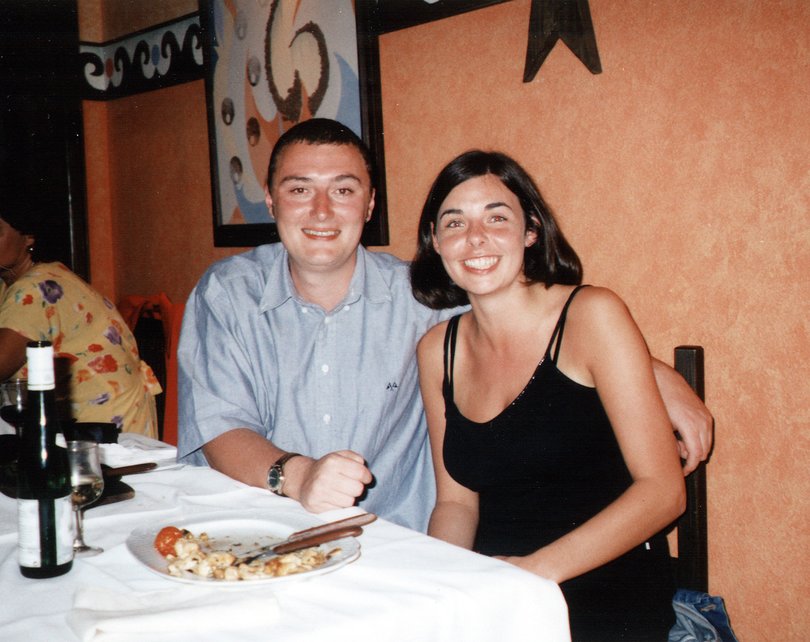BEN HARVEY: Outback killer Bradley John Murdoch’s death proved he did not have one shred of humanity

Death beds often make good confessionals.
Not for Bradley John Murdoch.
The man who murdered Peter Falconio was belligerent right up to the last breath he drew through his cancer-riddled throat.
Sign up to The Nightly's newsletters.
Get the first look at the digital newspaper, curated daily stories and breaking headlines delivered to your inbox.
By continuing you agree to our Terms and Privacy Policy.Murdoch decided to chance his arm in the afterlife without hedging his bets with a confession and the unlikely chance of absolution.
The 67-year-old died, tight-lipped, in a hospital in Alice Springs on Tuesday.
He left this world 25 years, almost to the day, after he killed Falconio on the Stuart Highway near Barrow Creek.
Falconio’s body has never been found.
Police were hoping that the fear of God’s wrath might trigger a one-minute-to-midnight confession by the dying killer, with instructions on where to find the corpse.
Murdoch either didn’t believe in God or didn’t fear his judgment because he was prepared to deny Falconio’s family any closure.
Imagine rolling the dice with eternity this way.
How twisted must your brain chemistry be to go to the grave holding that information tight?

This maniac’s steely determination to keep schtum was a hard act. His resolve wasn’t tested only in the last few hours on that death bed, it was under pressure every day for the quarter of a century he spent in jail leading up to his judgment day.
You see, detectives didn’t put Murdoch’s file in deep storage when the jury found him guilty of shooting Falconio and assaulting the Yorkshireman’s girlfriend, Joanne Lees.
The intensity of the police investigation didn’t wane when in 2005 a judge ruled the truck driver would remain caged for at least 28 years.
If anything, the tempo of the police inquiry would have stepped up a notch, first because they needed to find Falconio’s body and second because killings like this are rarely isolated events.
If Murdoch did this one with such cold ease, he could have done more.
Australia has about 2500 so-called long-term missing people. Many of their bodies are suspected of littering the outback.
Who knows how many of them Murdoch may have dispatched?
We’re talking about a bloke who had been a rolled-gold psycho for years.
The man who inspired the Australian film Wolf Creek was considered a thug by his classmates at the Perth high school he attended.
In 1995 he was jailed for 21 months for firing shots at a group of people who were celebrating a football win in Fitzroy Crossing.
Murdoch was running drugs from South Australia to Broome, was besotted by guns, hung out with bikies and was linked to the Ku Klux Klan.
Charges of abducting and raping a mum and her daughter in South Australia were dropped but there was a hell of a lot of smoke with that case.
Murdoch was a career criminal and police knew the Falconio/Lees incident probably wasn’t the first time he had hurt or killed someone.

The cops needed to get the freshly minted jailbird to talk about his history.
The simplest, and often most effective way to get a prisoner to talk is bribery.
You give us some more dirt and we’ll make your new life in prison more comfortable. Sure, your sentence might grow a little longer but not by much. And the time will be so much easier.
Extra visits from friends and families.
Access to self-care units, where you can live almost like a human being.
A better prison job, perhaps in the kitchen instead of sanitation.
Prisoners have for centuries extracted sweetheart conditions by cutting deals this way.
Some convicts, particularly those with long sentences, jump at the chance to make the rest of their lives a little easier.
A WA bikie named Sidney Reid gave a masterclass in how to do this when he was convicted of the car bombing murder of two men in 2001.
Reid, a Gypsy Joker at the time, knew he was going away for a long time (one of the victims was a former cop, which never helps your case) so gave up a heap of information about another murder he was involved with.
He won himself all sorts of treats, including quarterly visits from his interstate girlfriend, at taxpayer expense.
Murdoch apparently had no interest in making his life inside more agreeable, refusing to the very end to barter with police.
He clearly eschewed the advances of the undercover officers who, no doubt, would have been planted in his prison to see what they could find out.
And he obviously had no time for the many prison snitches who would have tried to befriend him to extract information they could use as bargaining chips at their next parole hearings.
Murdoch had nothing to lose and a lot to gain by telling police where they could find Falconio’s body.
He was incapable of empathy, even for himself, which makes him one of the truest psychopaths to ever darken this country’s door.

